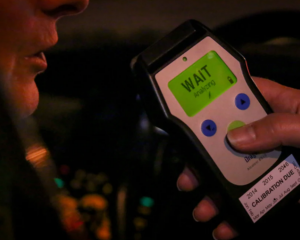
November is Diabetes Action Month.
More young people are being diagnosed with type 2 of the disease and the country is potentially facing a "major health crisis", Diabetes NZ warns.
Dr Craig Jefferies, a paediatric endocrinologist at Auckland's Starship Children's Hospital, told RNZ's Morning Report programme today a recent trial suggested that these new weight loss and diabetes drugs were looking "very, very promising".
While the drugs were currently not funded by the government, they would be "life-changing" for people with diabetes, Jefferies said.
"The most recent trial ... would say that they're very effective, they've got a very low side-effect profile, they're expensive; but we're only dealing with small numbers of youth with type 2 ... so the full cost to Pharmac wouldn't be that much."
Type 2 diabetes was particularly aggressive in younger children and teenagers, he said.
"They develop complications much earlier and much faster than adults, and their risk of blindness, amputations, kidney failure and heart disease is going to be far higher than their parent or previous generation.
"If left undiagnosed and unsupported, the outcomes can be devastating."
Children were more likely to get type 2 diabetes if they were Māori, Pasifika or of Asian decent, or if their mother had the condition, especially during pregnancy.
"For young people, type 2 diabetes is not just a lifestyle disease - it's driven by complex genetic, social and environmental factors well beyond their control, though weight is an added driver or determinant for diabetes," Jefferies said.

"Type 2 diabetes in young people was once rare, so it wasn't on the radar for many GPs. That's no longer the case. When children and young adults present with symptoms such as excessive thirst, frequent urination, extreme tiredness or unexplained weight loss, diabetes must be part of the diagnostic thinking. Early detection is critical to avoiding the worst complications."
Diabetes NZ chief executive Heather Verry said although a majority of the estimated 6000 cases of diabetes in people younger than 25 were type 1, the number of type 2 cases was rising, which should "act as a wake-up call for decision-makers".
"We cannot afford to wait until the numbers become overwhelming. The time to act is now to put prevention, education and support in place for these valued members of our community.
"At present, there are no tailored programmes or resources for young people living with type 2 diabetes. We need age-appropriate, practical, and non-judgemental education alongside holistic support that address mental health and reduces stigma.
"These children deserve the chance to thrive."













